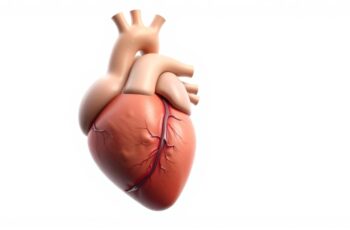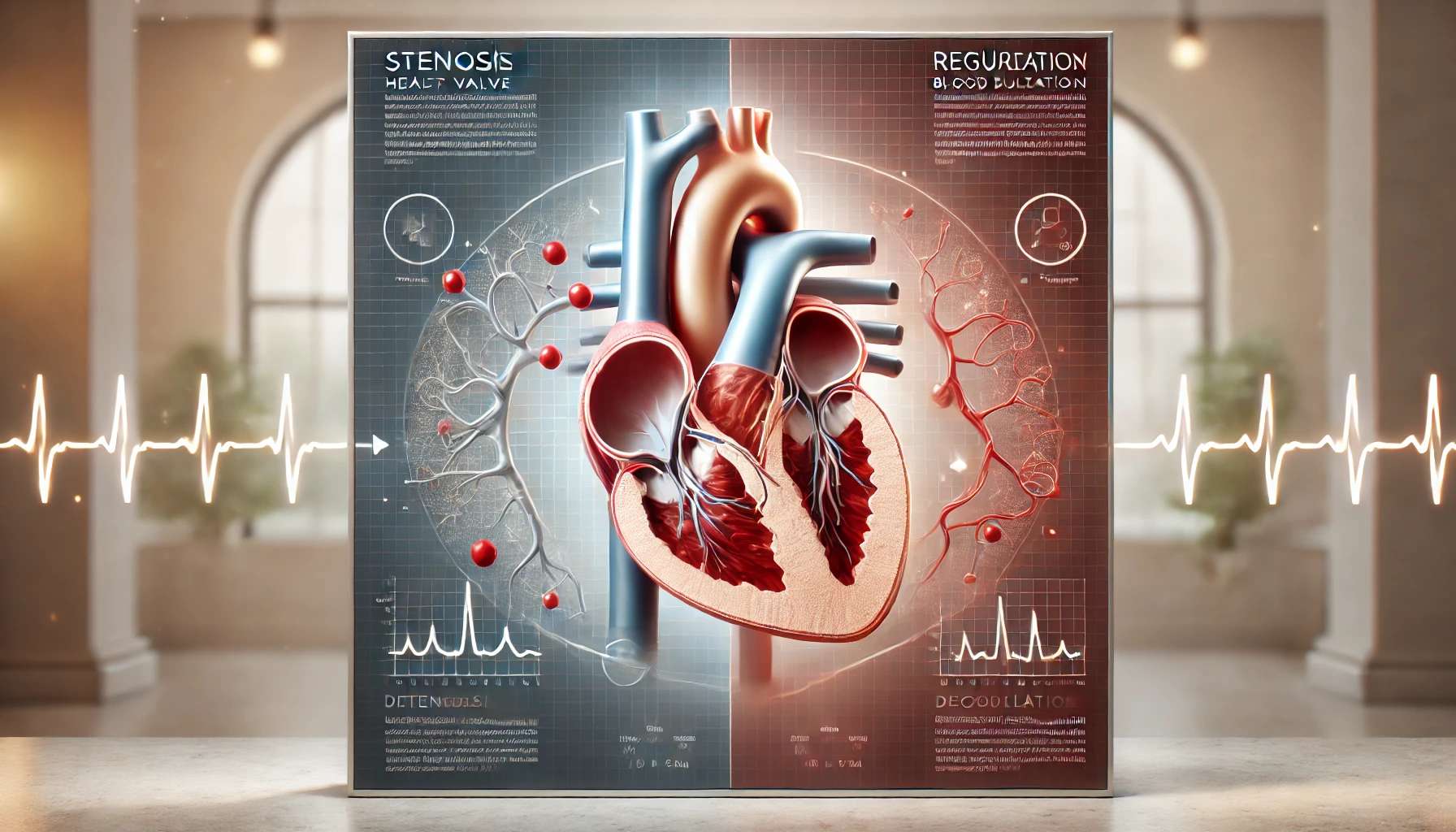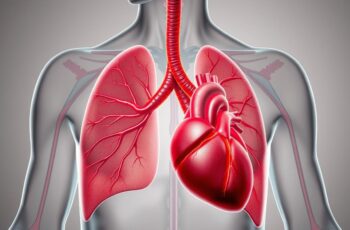Ad Blocker Detected
Our website is made possible by displaying online advertisements to our visitors. Please consider supporting us by disabling your ad blocker.
Cardiomyopathy—sounds like one of those serious medical terms, right? It is, and it’s far more common than you might think. A group of diseases that target the heart muscle, cardiomyopathy weakens the heart’s ability to pump blood effectively, and the consequences? Well, let’s just say they can range from inconvenient to downright life-threatening. Whether you’re dealing with mild symptoms or something far more severe, the impact can be pretty dramatic. This article dives into the ins and outs of cardiomyopathy—its forms, risk factors, treatment options, and some prevention tips. Buckle up; it’s a rollercoaster of information.
So, What Exactly Is Cardiomyopathy?
The term “cardiomyopathy” comes from the Greek words for “heart” (cardio) and “muscle” (myopathy).
But it’s not just a one-size-fits-all condition. It encompasses several types of heart muscle diseases, each of which affects the heart’s ability to function in different ways. And when the heart muscle doesn’t work right, well, the entire system starts to fall apart—literally. Here’s a glimpse of what goes wrong:
- Weakening of the heart muscle: Blood just doesn’t pump as effectively as it should.
- Enlargement of the heart: The chambers expand, causing the heart to work overtime. It’s like trying to run a marathon with an extra-heavy backpack.
- Stiffening of the heart muscle: The heart gets rigid and can’t fill up properly with blood.
There are also different types of cardiomyopathy, each with its own quirks:
- Dilated Cardiomyopathy: By far the most common, where the heart’s chambers get bigger and weaker. Not good for pumping blood!
- Hypertrophic Cardiomyopathy: This one thickens the heart muscle, especially in the septum, which can block blood flow. It’s like trying to shove too much into a too-small space.
- Restrictive Cardiomyopathy: The heart muscle becomes stiff, making it hard for the heart to fill up with blood. Think of a sponge that’s been left out in the sun—it doesn’t absorb properly.
Arrhythmogenic Right Ventricular Cardiomyopathy: Sounds intense, right? This one affects the right ventricle and messes with heart rhythms, sometimes leading to sudden cardiac death. Yikes.
The Nasty Symptoms of Cardiomyopathy
Not everyone with cardiomyopathy will notice symptoms, and when they do appear, they can vary—sometimes drastically—from one person to another. Some might feel like their heart’s beating out of their chest (palpitations), while others might just feel… off. A few things to watch for:
- Shortness of breath: It’s not just after a sprint. Even simple tasks can leave you gasping for air.
- Fatigue: It’s like living in a constant state of exhaustion—no matter how much you sleep.
- Swelling: You’ll notice it in your legs, ankles, and feet—it’s all about fluid buildup.
- Palpitations: A fluttering feeling or racing heartbeat. Not always comforting.
- Dizziness or fainting: Sometimes you just feel like you might pass out, and that’s terrifying.
- Chest pain: Not always, but sometimes. Don’t ignore it if it happens.
- Coughing: Especially at night—can feel like something’s not quite right in your chest.
But hey, these symptoms could also point to other conditions, so don’t jump to conclusions. Always consult a doctor—seriously, your health is worth it.
What Puts You at Risk?
Here’s the thing: cardiomyopathy doesn’t just happen out of the blue. Some factors can increase your likelihood of developing it, though sometimes, even with the best care, you may still be at risk. Here are some risk factors:
- Family history: If your family has a history of heart disease, cardiomyopathy might be lurking in your future.
- Age: The older you get, the more likely your heart could start showing signs of wear and tear.
- Previous heart conditions: Heart attacks, coronary artery disease? Those don’t exactly help things.
- High blood pressure: If you’ve been dealing with hypertension, your heart’s under more stress than it should be.
- Alcohol abuse: Excessive drinking damages the heart muscle like nothing else.
- Infections: Certain viral infections (like viral myocarditis) can really mess up the heart.
- Autoimmune diseases: When your immune system turns on your own body, including the heart.
- Chemotherapy: Sometimes cancer treatment isn’t all it’s cracked up to be for your heart.
Understanding these risk factors can give you a heads-up. The earlier you catch it, the better!
Treatment: What Are Your Options?
Now, onto the good stuff—treatment. This varies depending on the type of cardiomyopathy, how bad it is, and what’s causing it. But don’t worry, there are options!
- Medications: These are the bread and butter of heart treatment—think blood pressure meds, drugs to improve heart function, and those that help regulate the rhythm.
- Lifestyle changes: It’s not all about the pills. A healthy diet, getting active (with doctor approval, of course), and cutting back on alcohol are key.
- ICD (Implantable Cardioverter-Defibrillator): This device can shock your heart back to life if it starts acting up too much. It’s like a backup battery for your heart.
- CRT (Cardiac Resynchronization Therapy): A pacemaker that helps the heart’s chambers sync up more efficiently.
Heart transplant: This is the big one—the last resort. If the heart’s beyond repair, a transplant might be the only option.
Prevention: Can You Avoid It?
Alright, here’s the million-dollar question—can you prevent cardiomyopathy? While there’s no surefire way to dodge it, you can certainly lower your chances. Here’s how:
- Healthy lifestyle: This is a no-brainer. Eat well, exercise, and keep your weight in check.
- Control blood pressure: If you’re battling high blood pressure, get it under control. It’ll save your heart some grief down the road.
- Limit alcohol: It’s tempting to drink, but excessive alcohol really doesn’t do your heart any favors.
- Don’t smoke: If you’re a smoker, stop. Now.
- Regular check-ups: Especially if you have a family history of heart disease. Better safe than sorry.
In Conclusion
Cardiomyopathy can be a game-changer in terms of health. It might not always show up on your radar until it’s too late. But by understanding the symptoms, knowing your risk factors, and taking steps to improve your heart health, you can lower the odds of it taking a toll on your life. Stay proactive, stay informed, and remember—your heart deserves some TLC.
Share Health, Share Life
Disclaimer: This is for general knowledge and informational purposes only. Always consult a healthcare professional for proper diagnosis and treatment.






